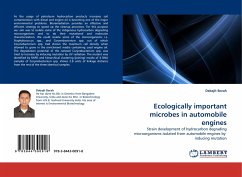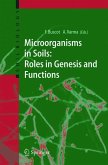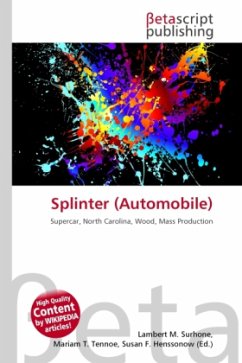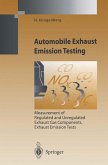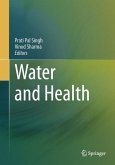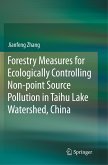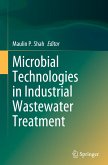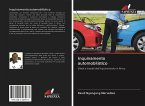As the usage of petroleum hydrocarbon products increases soil contamination with diesel and engine oil is becoming one of the major environmental problems. Bioremediation provides an effective and efficient strategy to speed up the cleanup processes. For this purpose our aim was to isolate some of the indigenous hydrocarbon degrading microorganisms and to do their mutational and molecular characterization. We could isolate some of the microorganisms i.e. Staphylococcus spp., and Corynebacterium spp. out of which Corynebacterium spp. had shown the maximum cell density when allowed to grow in the enrichment media containing used engine oil. The degradation potential of the isolated Corynebacterium spp. was tried to increase by inducing mutation by UV radiation. The mutant was identified by RAPD and hierarchical clustering (joining) results of 4 DNA samples of Corynebacterium spp. shows 2.8 units of linkage distance from the rest of the three identical samples.

